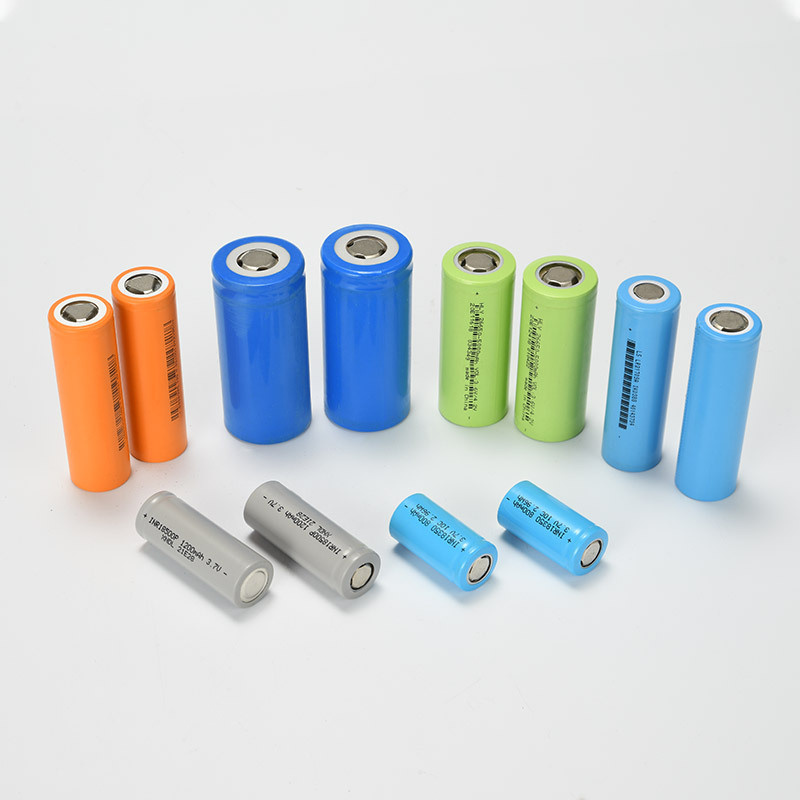How to safely use, charge and store your lithium-ion batteries.

Lithium-ion batteries: Text description
Rechargeable lithium-ion batteries, also called li-on batteries, are common in rechargeable products and generally safe to use. However, they have the same safety risks as other kinds of batteries, including:
- overheating
- fires
- explosions
They’re more easily damaged than other types of batteries and can become hazardous in certain conditions since they are more volatile.
Lithium-ion batteries are found in many electronic devices, such as:
- toys
- power tools
- baby monitors
- portable power banks
- personal electronics, such as:
- tablets
- laptops
- cell phones
- smartwatches
- vaping products (e-cigarettes)
- e-mobility products such as e-scooters and e-bikes
Safety tips
Follow these tips to help minimize the risks associated with lithium-ion batteries.
Use and storage
Handle lithium-ion batteries carefully. Do not throw, modify or tamper with them. Check for signs of damage, and don’t use batteries that:
- are swollen or dented
- have torn, plastic wrappers
- show other signs of damage or wear
Keep your batteries in a safe place, out of sight and reach from children. If you carry batteries with you, keep them in a protective, non-metal case.
Keep batteries stored in a dry location at room temperature. Do not:
- leave batteries out in the sun or in a hot or cold car
- let moisture form on either end of the battery’s terminals
Charging
Do not charge your battery for longer than the recommended charging time. Overcharging can cause your battery to overheat, which can lead to fires or explosions.
Charge your device at room temperature where you can see it. Soft surfaces, like a couch or bed, can trap heat around the battery and cause the device to overheat.
Charge your battery before it drops below 30% to help it last longer and work safely. Do not keep it plugged in and charged at 100% for long periods.
Unlike older types of batteries, you do not need to fully discharge lithium-ion batteries. This may actually harm them.
Charge your product away from exit doors in case of fire.
Original and replacement chargers
Use the charger that came with your device. If you need to replace your charger, buy it from a trusted source and make sure the voltage and current are compatible with your device.
Contact the original product manufacturer if you need a replacement charger for higher voltage items like e-bikes, remote control cars and power tools.